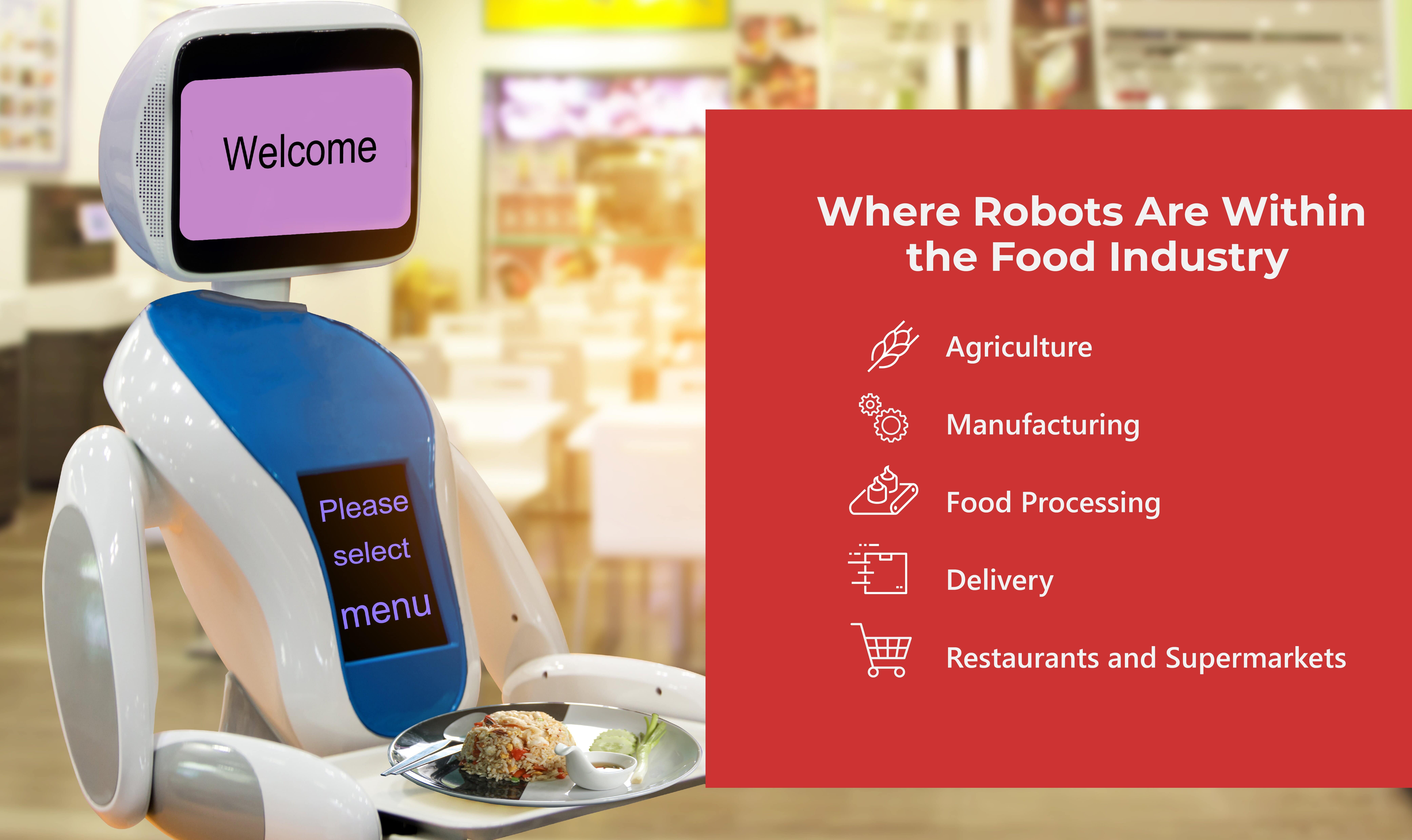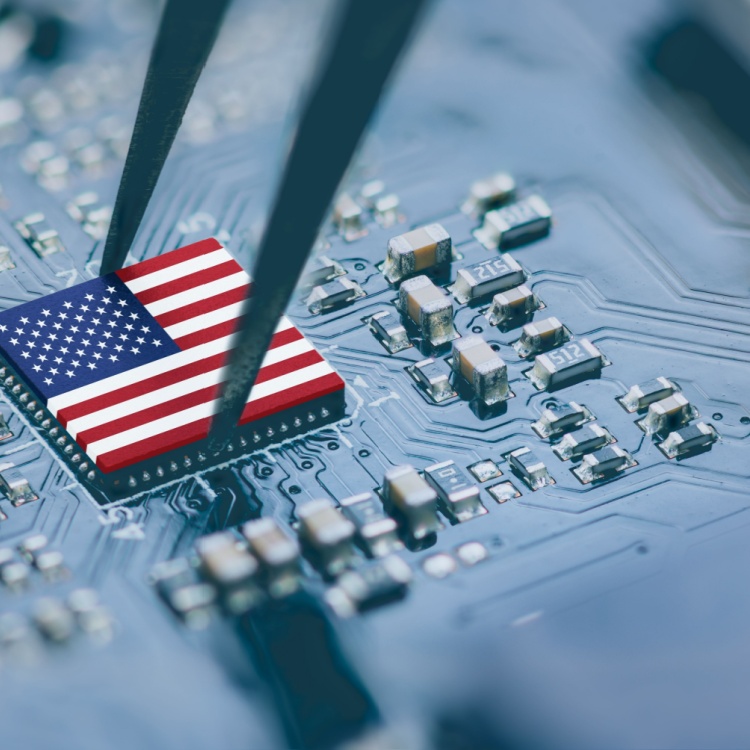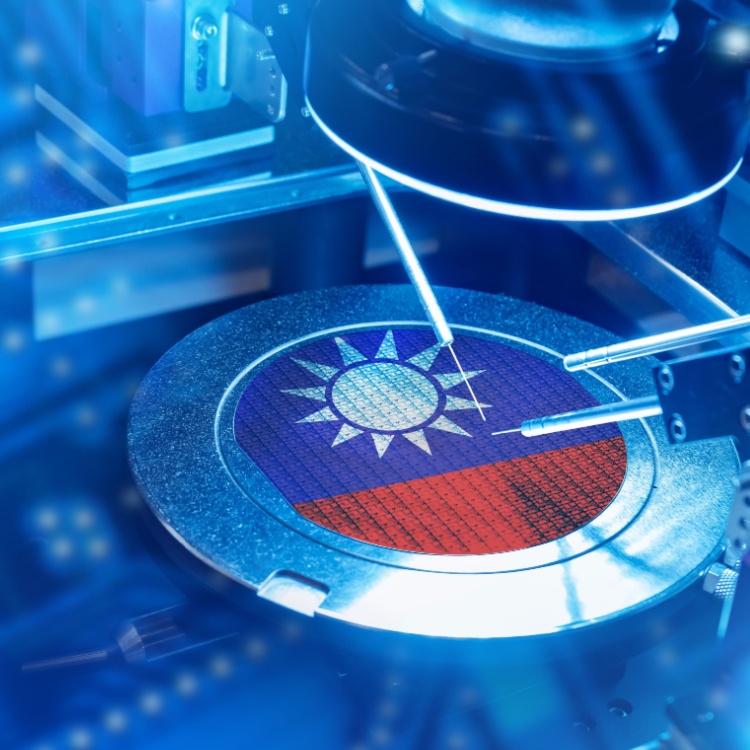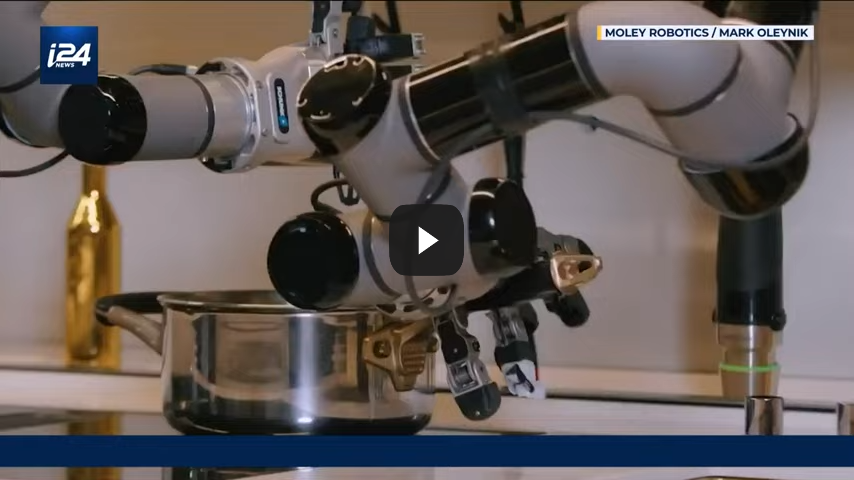How Robots Help the Food Industry Grow

Who says food and robots don’t mix? Robots are quickly becoming more and more indispensable when it comes to the most important areas of the food industry. Let’s find out how.
The classic cartoon series “The Jetsons” was not too far off when they introduced Rosey, the family’s fully automated all-around assistant. Rosey cleaned the house and even served their food. While real-life robots may not (yet) have Rosey’s adorable personality, robots can now be found in many aspects of the food industry—from farms to supermarkets to restaurants and even our kitchens.
(Read Also: Rescue Robots Helping Save Human Lives)

Robots on the Farm
The food industry is largely dependent on the agriculture sector. Large amounts of crops and fresh produce are needed to keep restaurants going, as well as keep supermarkets and greengrocers well stocked and supplied. Farmers can address the large demands of these markets with the help of robots and automated technology.
Agriculture has been on the automation track for a long time now, and innovations are steadily being added to improve farming. For example, new automated tractors not only plow the land but now come equipped with computer programs that assist farmers in monitoring their soil’s health. This way, they can more accurately use fertilizers and pesticides based on the data gathered. Farmers save a lot of money this way.
Having robots working in the field also address labor shortage issues. Many fruit farms in the U.S. use robots that pick fruit efficiently, and without bruising the delicate produce. This is possible through a combination of robotic arms, automated vision, and AI.
Robots in Manufacturing
Robots are essential to job operations that are highly mechanized, repetitive, and sometimes even risky, especially when tasks require the utmost speed and precision.
Food manufacturing is a large and complex area of the food industry requiring the highest safety standards. There are robots tasked with the monitoring of safety in food manufacturing plants, as well as those tasked with packaging.
Meat product manufacturers rely on robots to perform the cutting, sorting, and packaging of meat products. Meanwhile, dairy product manufacturers use automated milking systems to optimize production. According to Dr. Tara McHugh, an agricultural researcher from the USDA Agricultural Service, these have plenty of advantages such as increased milking frequency, which positively impacts cow health and therefore, the quality of the milk.
Robots in Food Processing
The benefits of having robots in food manufacturing are plenty, and advancements in technology have addressed a few challenges when it comes to food processing.
Food items come in a variety of shapes and sizes, which is why the robotics required in the area of food processing needs to be highly customized.
Robots need to be able to grip each item of food for packaging, and this becomes more complicated than it is when factors such as high volume and speed are taken into account. Robotics scientists and engineers have developed more advanced grippers that can handle more delicate food items such as fruits and vegetables.
A good example of these is vacuum grippers, which can handle delicate and irregularly shaped food items. A lot of these are also equipped with robotic vision technology, which assists the robotic arm for better accuracy and consistency when it comes to palletizing.
Robots in Food Delivery
The global pandemic has impacted our restaurant-going habits. Now more than ever, we have come to rely on food delivery services to get a fix of our favorite meals from restaurants we love.
Many universities across the U.S. have taken to using automated delivery robots called rovers in their on-campus food service. Ohio State University is just an example. The rovers have a lot of benefits, such as a more affordable and faster way of having food delivered. These also address safety and security issues for many of the students who prefer to minimize interaction with people they don’t know.
Drones are also becoming another option the food industry is eyeing when it comes to food delivery. Many in the industry believe there is potential there if companies can figure out the logistics.
Robots in Supermarket and Restaurants
Robots can be found inside supermarkets, too. Some can even interact with customers and assist them to locate what they need. Some robots supermarket staff for clean-up when spills occur in the aisles, and others have roles such as sorting and unpacking the contents of boxes and even assisting in inventory management.
Some restaurants, on the other hand, have welcomed robots into their kitchens. While it might be odd to imagine a robot cooking a meal, these robots work alongside human kitchen staff to keep up with the demands of hungry customers. Since robots can perform tasks that are repetitive and sometimes unsafe for humans, a busy kitchen can benefit from a robot’s help, especially when one needs to stick their hand into high temperate ovens daily!
Robots in the Food Industry’s Future
As pervasive as the robotic presence is in the food industry today, it has led to questions such as whether robots will eventually replace human workers. Experts and tech personalities like Elon Musk and Mark Zuckerberg have been known to disagree on the topic. Saru Jayaraman, Director of the Food Labor Research Center at UC Berkeley thinks that the food industry adopting automation does not necessarily mean harming job opportunities for humans unless automation is used to justify lowered wages for food industry employees.
Many from the food industry agree, especially those who see robots and humans working together to improve not only the quality of the food being made but its safety and efficiency too. The advantages of having robots in the food industry increase and evolve every day, and it’ll be exciting to see how much more we could benefit from these in the future.
As one of the Top 21 EMS companies in the world, IMI has over 40 years of experience in providing electronics manufacturing and technology solutions.
We are ready to support your business on a global scale.
Our proven technical expertise, worldwide reach, and vast experience in high-growth and emerging markets make us the ideal global manufacturing solutions partner.
Let's work together to build our future today.
Other Blog




